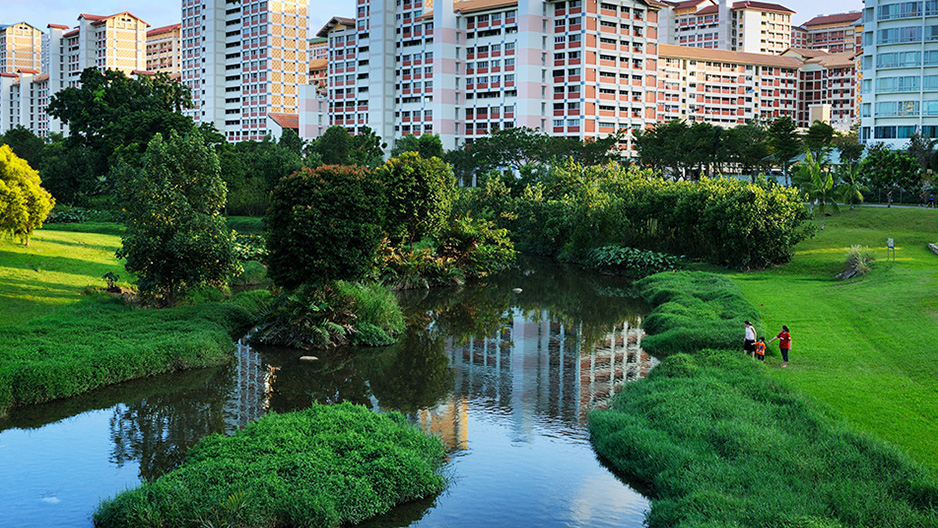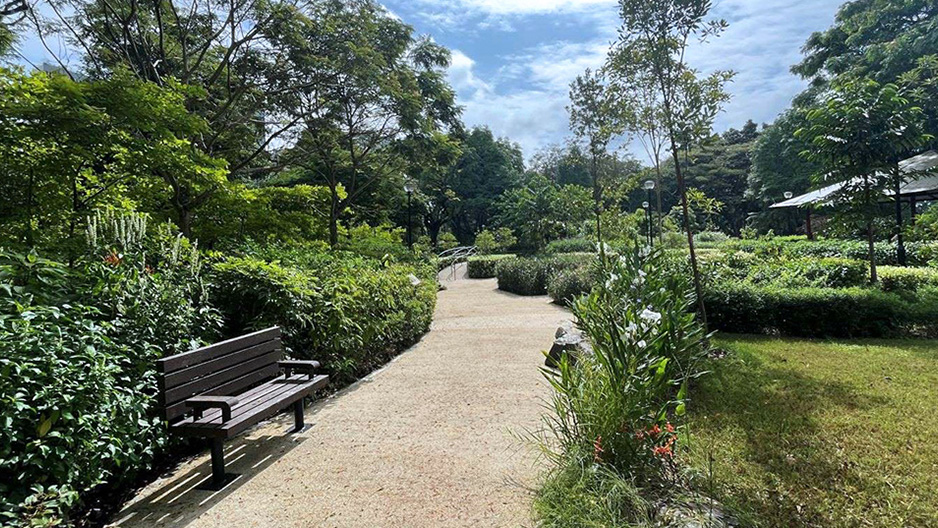As the year comes to a close, most Singaporean homeowners begin preparing for a fresh start. Beyond setting resolutions and decluttering, one key ritual remains a must: deep cleaning the home.
Whether you’re living in an HDB flat, condo, or landed property, a thorough year-end clean helps reset your space, remove hidden grime, and eliminate negative energy. It also ensures your home looks its best for Chinese New Year visits or family gatherings.
Here’s your comprehensive year-end deep cleaning checklist tailored for Singapore homes — plus practical tips and insights into when to DIY or hire professional help.
- 1. Declutter Before You Start
- 2. Clean Fans, Lights, and Aircons
- 3. Tackle Kitchen Grease and Grime
- 4. Scrub and Disinfect the Bathroom
- 5. Vacuum and Wipe All Furniture
- 6. Windows and Grilles
- 7. Clean and Organise Wardrobes
- 8. Floors and Corners
- 9. Balconies and Service Yards
- 10. Disinfect High-Touch Surfaces
Why Deep Cleaning Matters at Year-End
Unlike regular weekly cleaning, deep cleaning tackles the spots we often overlook. This includes built-up grease in the kitchen, mould in the bathroom, and dust hiding in ceiling fans or behind heavy furniture.
Benefits of a year-end deep clean include:
- Improved air quality
- Fewer allergens like dust mites and mould
- A fresher, healthier living environment
- Mental clarity and reduced stress
- A good impression on guests or visitors
In Singapore’s humid weather, neglecting these areas can lead to faster deterioration, mould growth, and unpleasant odours.
1. Declutter Before You Start
Before diving into deep cleaning, take time to declutter. Go room by room and toss, donate, or sell items you no longer use.
Focus on:
- Expired pantry items
- Old magazines, letters, or bills
- Unused clothing or accessories
- Half-used skincare and makeup products
- Toys and gadgets gathering dust
A decluttered home makes deep cleaning easier and more effective.
2. Clean Fans, Lights, and Aircons
Singaporeans use ceiling fans and aircons regularly in their homes. Over time, dust accumulates on blades and vents, impacting both air quality and energy efficiency.
Checklist:
- Wipe ceiling fan blades with a damp cloth
- Dust and wipe light fixtures and lamps
- Remove aircon filters and wash thoroughly
- Schedule aircon servicing if you’ve not done so in the last 6 months
Tip: Regular aircon maintenance can help prevent leaks, overheating, and spikes in electricity bills.
3. Tackle Kitchen Grease and Grime
Singapore’s love for cooking often means oily fumes and hidden grease build-up. Focus on both surfaces and hidden corners.
Checklist:
- Degrease cooker hoods and exhaust filters
- Wipe down backsplash tiles and kitchen walls
- Deep clean the oven, microwave, and rice cooker
- Pull out the fridge and clean behind and beneath it
- Check pantry items for expired goods and wipe down shelves
4. Scrub and Disinfect the Bathroom
In humid climates like Singapore, bathrooms are prone to mould, mildew, and limescale. Deep cleaning ensures hygiene and prevents slip hazards.
Checklist:
- Scrub grout lines and remove mould from tiles
- Wash shower curtains or replace them if they are mouldy
- Descale taps and showerheads
- Clean floor traps and clear clogs
- Disinfect toilet bowls, sink basins, and mirror edges
Tip: Don’t forget to wash bath mats and replace toothbrush holders if they show grime.

5. Vacuum and Wipe All Furniture
Dust and dirt can settle deep into sofas, beds, and wooden surfaces. Use appropriate tools and products for each material.
Checklist:
- Vacuum under sofas, beds, and behind cabinets
- Steam clean upholstery or wipe with fabric-safe cleaners
- Polish wooden furniture
- Wash cushion covers and curtains
- Wipe down TV screens, remotes, and gaming consoles
Tip: Use microfiber cloths as they attract dust better without scratching.
6. Windows and Grilles
Singapore’s tropical climate and roadside dust can leave window panes streaky and dirty. This step is often skipped during regular cleaning.
Checklist:
- Wipe down window panes with glass cleaner
- Dust and clean window grilles
- Clean curtain rods and tracks
- Vacuum insect screens, if any
7. Clean and Organise Wardrobes
Wardrobes not only hold clothes but also dust and moisture. In Singapore’s humidity, airing out wardrobes is key.
Checklist:
- Remove all clothes and vacuum shelves and drawers
- Wipe down with a dry cloth
- Air out clothes and discard items you don’t wear
- Add silica gel or moisture absorbers to prevent mould
- Rotate clothes for the upcoming season
Tip: Place charcoal pouches or baking soda to absorb odours.
8. Floors and Corners
We mop floors regularly, but deep cleaning goes further. Pay attention to skirting boards, under beds, and grout.
Checklist:
- Move furniture and vacuum hard-to-reach areas
- Mop all rooms with an antibacterial solution
- Use grout cleaner or a toothbrush to scrub tile joints
- Polish wooden or vinyl floors
9. Balconies and Service Yards
These areas are often dusty due to open exposure, especially in high-rise HDB or condo units.
Checklist:
- Sweep and mop balcony tiles
- Wipe down railings and window edges
- Clean washing machines and outdoor drying racks
- Dust ceiling fans or lights (if any)
10. Disinfect High-Touch Surfaces
In a post-COVID world, we’re more aware of germs on surfaces. Make disinfection part of your cleaning checklist.
Disinfect:
- Doorknobs
- Light switches
- Lift buttons (if in a condo)
- Remote controls
- Phone screens
- Kitchen cabinet handles
When to Hire a Professional Cleaning Service
Not everyone has the time or tools for a full-scale deep clean. Hiring a part-time or professional cleaning service can be a practical solution—especially for seniors, large families, or working professionals.
You should consider professional cleaning if:
- You live in a large unit
- You haven’t deep-cleaned in over a year
- Your aircon hasn’t been serviced in 6–12 months
- You have allergies or asthma and need thorough dust removal
- You want steam cleaning or upholstery shampooing
In Singapore, there are many licensed part-time cleaners and cleaning companies that specialise in deep cleaning services.
Final Thoughts
Year-end cleaning is more than a chore. It’s a cleansing ritual that clears physical clutter and sets the tone for a fresh, organised start to the new year. Whether you’re preparing for Chinese New Year or simply want to begin January on a good note, this checklist ensures nothing is left behind.
And if it gets too overwhelming, don’t hesitate to call in the pros. A spotless, sanitised home is one of the best gifts you can give yourself.















You must be logged in to post a comment.